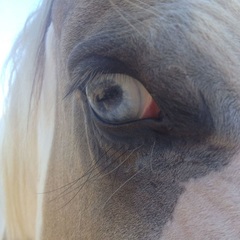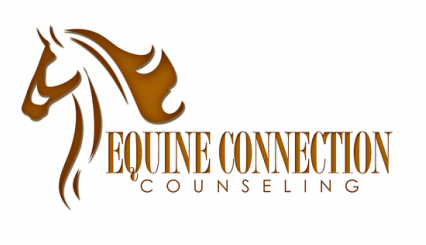
What is trauma?
Trauma can be defined in a few different ways and is not experienced just by military veterans. The dictionary defines it as “a deeply distressing or disturbing experience.” Other experts describe it as an “emotional response to a terrible event.” The DSM-5, the manual that describes different mental health diagnoses, says that trauma is directly experiencing, witnessing first-hand, repeated exposure to, or learning that a friend or family member has experienced “actual or threatened death, serious injury, or sexual violence.” A few examples of potentially traumatic experiences include sexual assault, childhood abuse, natural disasters, invasive medical treatments, and military combat experiences. This is by no means an exhaustive list.
Not everyone who experiences a traumatic event will experience long-term psychological effects, and no two people will react to the same event in the same way. However, there are some common reactions to trauma that many people experience. These include:
- Trouble concentrating or making decisions
- Feeling jumpy
- Disturbing dreams, intrusive memories or “flashbacks” of the event
- Feeling helpless or fearful
- Feeling numb
- Feeling irritable or having angry outbursts
What is Post-Traumatic Stress Disorder (PTSD)?
PTSD is a mental health diagnosis described in the DSM. In order to receive the diagnosis, a client must have experienced symptoms for more than one month after the traumatic experience. It is characterized by four symptom clusters: intrusion (such as recurrent distressing memories, dreams, or flashbacks), avoidance (trying to stay away from things that remind the person of the trauma), negative alterations in mood and thoughts (such as negative beliefs about oneself, blaming oneself for the event, or being unable to feel happiness or love), and alterations in arousal and reactivity (feeling constantly on-guard, jumpy, or reckless).
Common Therapies for PTSD
Some of the most common treatments for PTSD are cognitive processing therapy (CPT), Eye Movement Desensitization and Reprocessing (EMDR), exposure therapy, and medication. Despite the success of these methods, many people may feel that they do not help as much as they hoped. Other people may feel uncomfortable or suspicious about going to these therapies. Fortunately, there are many alternative therapies that are now being offered to help clients with PTSD. Equine assisted counseling is one of these non-traditional methods that has had great success.
Why do we work with horses to treat PTSD?
You can read more about why equine assisted counseling is helpful on this page. For trauma and PTSD, there are a few unique benefits to partnering with horses. Many trauma survivors can relate to the “fight or flight” mentality that horses have as prey animals. However, once a threat is removed, horses return to a calm state very quickly, something that clients with PTSD often have difficulty with. Working with such a large animal can help clients, particularly victims of abuse and assault, feel empowered. Research also suggests that being around animals such as horses decreased production of stress hormones and increased production of wellness hormones. This can help clients who feel ready to process trauma by helping them feel more comfortable while talking about upsetting experiences or to calm down more quickly if they are triggered.
Some of the other benefits that clients with trauma report include:
- Feeling of peace and relaxation
- Decreases in anger
- Formation of a trusting relationship with horse and others
- Increased desire to connect with others
- Decreased feelings of depression and anxiety
- Increased ability to self-regulate and learning to relax
- Identification of the horse as a model to manage symptoms
Recovering from trauma is not a quick or easy process. We understand that reaching out can be difficult and hope that we can be a safe place for healing. Equine assisted counseling offers many benefits that clients may not always experience in traditional counseling or that will enhance other trauma therapies. If you are interested in learning more about how equine assisted counseling might help you or someone you know, please do not hesitate to contact us.

 RSS Feed
RSS Feed
